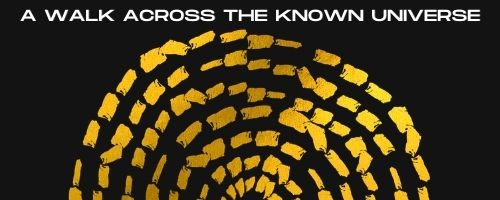Episode 63
The Sun Sets On The Classical Landscape: PURGATORIO, Canto VIII, Lines 85 - 108
Please help keep WALKING WITH DANTE sponsor-free by donating to help me cover licensing, hosting, streaming, and royalty fees associated with this podcast. You can give as you like here at this PayPal link.
After Judge Nino's misogynistic diatribe, Dante the pilgrim stares at the stars. The four from the opening of PURGATORIO have passed beyond his sight; three new stars are rising, when the long-awaited snake makes its appearance in the dale of the negligent rulers.
Join me, Mark Scarbrough, as we work to untangle the meaning in this curious and symbolic passage that cues us to much that's ahead in our walk across the known universe--and specifically, up Mount Purgatory.
Here are the segments for this episode of WALKING WITH DANTE:
[01:42] My English translation of the passage: PURGATORIO, Canto VIII, lines 85 - 108. If you'd like to read along or continue the conversation with a comment, please go to my website: markscarbrough.com.
[04:38] Many Dante scholars want Dante to stare at the heavens, his attention not on Judge Nino, if only to save our pilgrim-poet from the misogyny in the previous passage. But why?
[06:11] PURGATORIO VI - VIII involves the wheel of fortune for earthly figures that eventually morphs into the wheeling stars of the heavens.
[09:30] The passing of morning and night is crucial to understanding the human nature of PURGATORIO.
[13:06] The four cardinal virtues are setting and the three Christian virtues are riding.
[16:21] The serpent in PURGATORIO brings Eve (and Eden) into the passage that had mentioned the Virgin Mary--although Dante is clearly a tad hesitant about this serpent (and its allegory?).
[19:24] The allegory of the snake in PURGATORIO, Canto VIII, may be connected to the setting of the infernal landscape and thus the setting of the classical "landscape" of Comedy.
[25:45] The beginnings of grace are not seen but its action (or motion) is.


